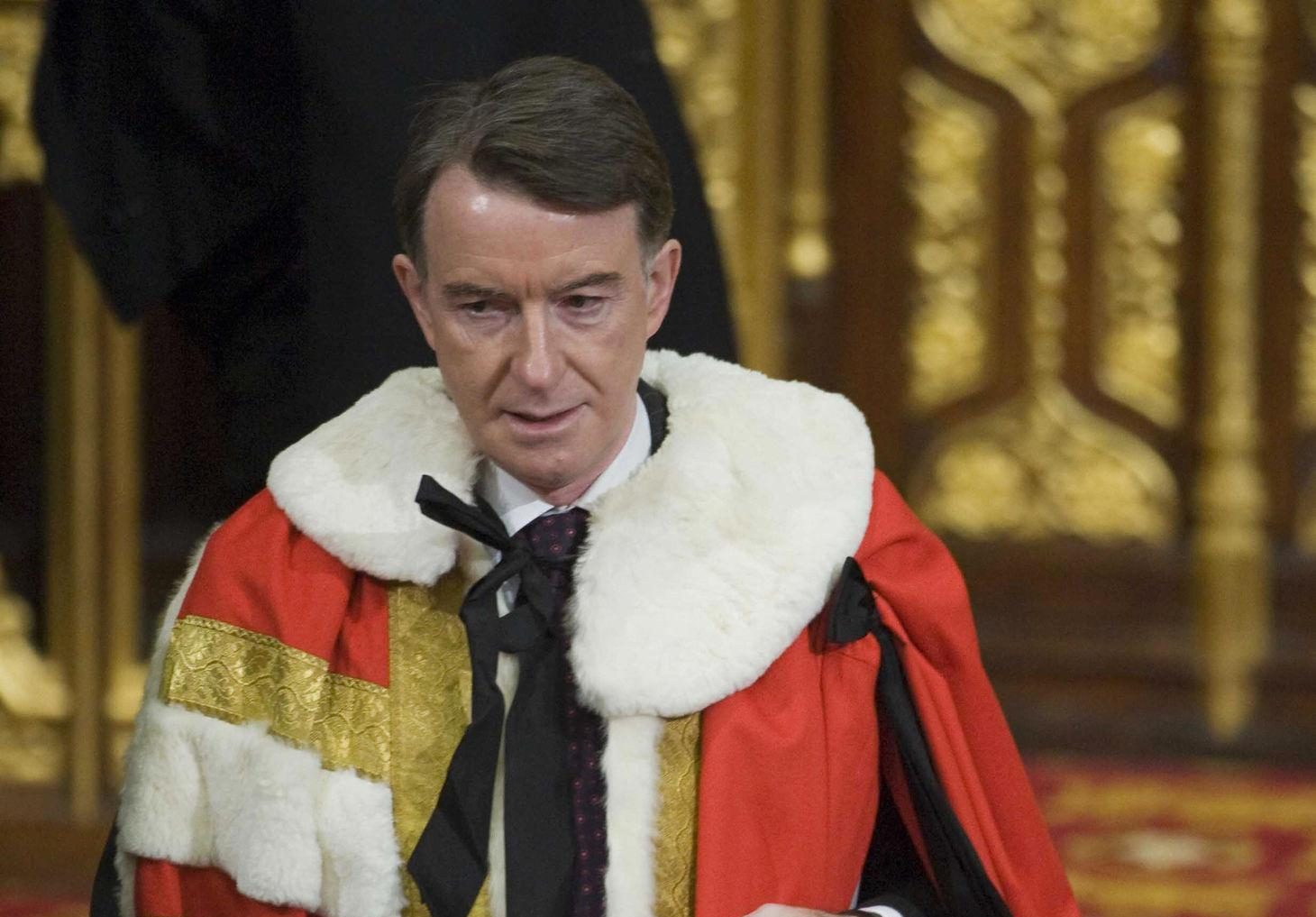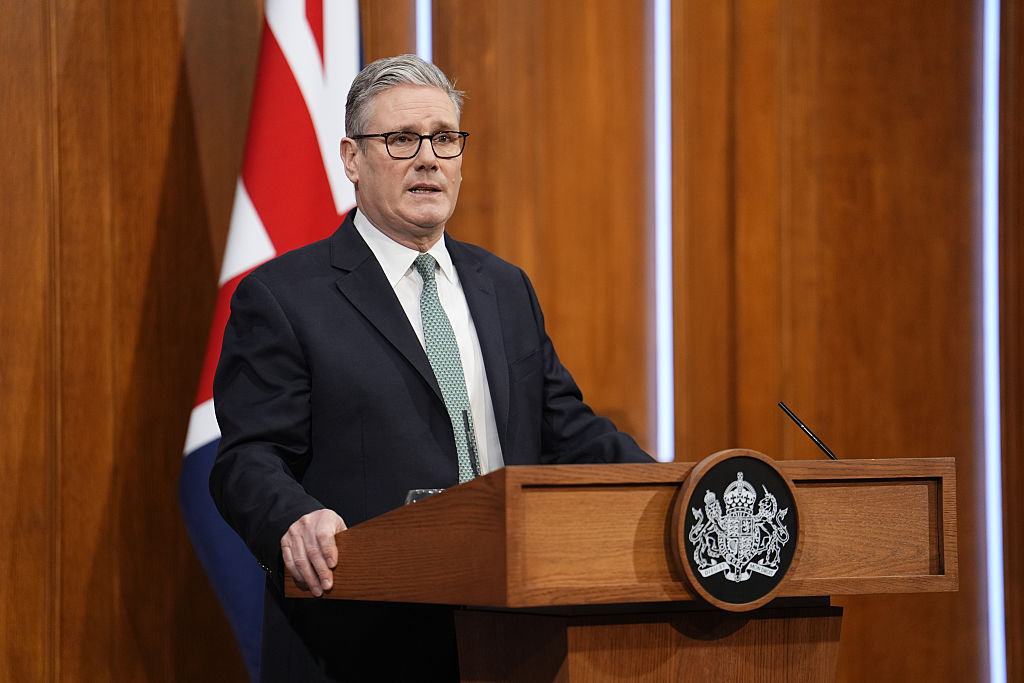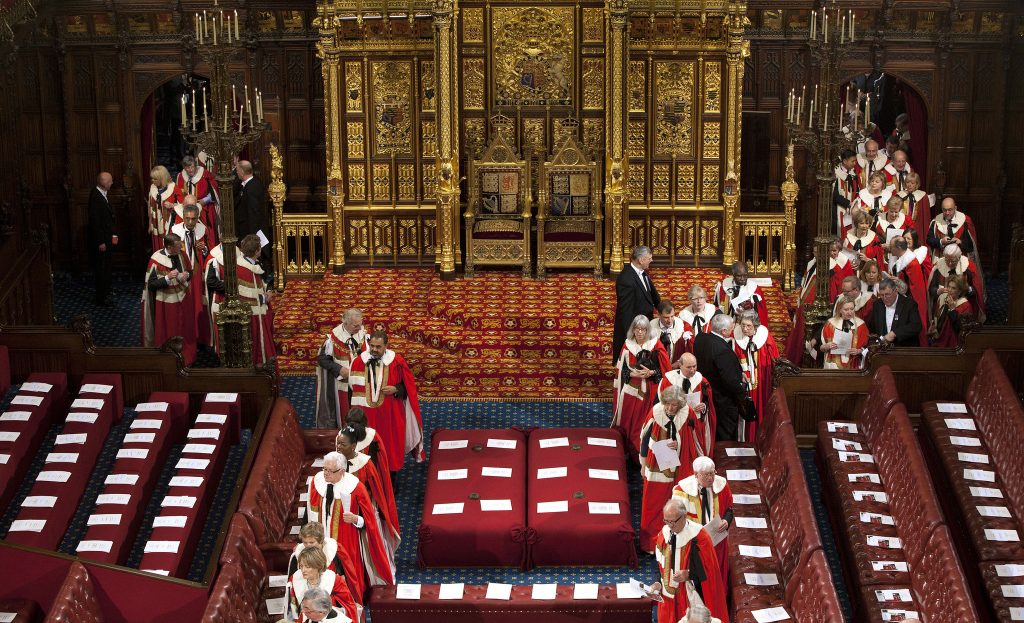Politics
Wales could miss out on £65m to cover national insurance hikes

MARK DRAKEFORD warned Wales could miss out on up to £65m to cover the increased costs of employer national insurance contributions in the public sector.
The finance secretary confirmed that Rachel Reeves, the UK chancellor, has decided to distribute national insurance funding via the Barnett formula.
“I think that she is wrong to do that,” he said. “And I have said so in direct terms to the chief secretary of the treasury … as did the finance ministers for Scotland and Northern Ireland.”
He stressed: “We should have been compensated for the actual costs, not a Barnett share.”
Prof Drakeford told the Senedd: “The result is that we are now, it could be as much as £65m short of what we estimate public services in Wales – within the chancellor’s own definition – will have to pay.”
Labour’s Alun Davies described the population-based Barnett formula, which was devised in the late 1970s as a temporary measure, as not fit for purpose.
During finance questions on April 2, he told the Senedd: “It also ensures that Wales does not get a fair crack of the whip when it comes to the distribution of funding across the UK.”

The Blaenau Gwent Senedd member voiced concerns about the UK treasury using the formula to compensate public sector employers for national insurance costs from April.
Mr Davies said this would break an agreement that where one government takes a decision that has a negative impact on another, it should provide the costs in full.
Prof Drakeford agreed with his Labour colleague and Joel Barnett, who “many times” has described the formula he devised as no longer fit for purpose.
Holding a copy of the statement of funding policy referred to by Mr Davies, he said talks with the UK treasury on the matter continue and the figures will not be confirmed until late spring.
He said: “Paragraph 10 on page 13 says … ‘when decisions are taken by any of the administrations which leads to additional costs of another of the other administrations, the body whose decision leads to the additional cost will meet that cost’.
“Well, that suggests to me that when the UK Government made its decision that it should reimburse Welsh public services for the actual costs of the increase in NI contributions – not a Barnett share of the costs in England.”
The Conservatives’ Janet Finch-Saunders supported reforming funding to be based on need rather than population, calling for help for care homes with the costs of NI increases.

Prof Drakeford reiterated his position that the Welsh budget should not be used to plug gaps created by UK Government policies.
He emphasised the real issue is that the formula can only be reformed if every part of the UK agrees, “and some parts do rather well out of the Barnett formula”.
“The pressure on them to seek reform is not the same,” he said.
Describing national insurance as a “shocking” example, Adam Price said: “The Barnett formula is not just clearly unfair, it’s also inconsistently applied and lacks transparency.”

The Plaid Cymru politician warned: “It’s not working at any level.”
Prof Drakeford called for an independent oversight body: “We cannot go on, I believe, indefinitely having the [UK] treasury, the judge, jury and, occasionally, the executioner when it comes to the Barnett formula.”
Questioning the first minister a day earlier, Mr Davies argued reform of the Barnett formula is one of the most important questions facing Wales.
He said: “The real question facing this government and this parliament is protecting and investing in the future of our people and our communities. We can’t do that if Wales is the worst-funded country in the United Kingdom.”
Eluned Morgan responded: “I couldn’t agree more and that’s why I have made it a point of bringing up these issues at every opportunity I have had with the prime minister.”

Andrew Jeffreys, director of the Welsh treasury, last week reiterated the Welsh Government position that spending should be distributed based on need rather than the Barnett formula.
But he told a Senedd committee on Friday: “The UK Government doesn’t seem interested in any substantial reform to the way that system works.”
Business
Bid to convert office space into chocolate factory, salon and laundrette

A CALL for the retrospective conversion of office space previously connected to a Pembrokeshire car hire business to a chocolate factory, a beauty salon and a laundrette has been submitted to county planners
In an application to Pembrokeshire County Council, Mr M Williams, through agent Preseli Planning Ltd, sought retrospective permission for the subdivision of an office on land off Scotchwell Cottage, Cartlett, Haverfordwest into three units forming a chocolate manufacturing, a beauty salon, and a launderette, along with associated works.
A supporting statement said planning history at the site saw a 2018 application for the refurbishment of an existing office building and a change of use from oil depot offices to a hire car office and car/van storage yard, approved back in 2019.
For the chocolate manufacturing by ‘Pembrokeshire Chocolate company,’ as part of the latest scheme it said: “The operation comprises of manufacturing of handmade bespoke flavoured chocolate bars. Historically there was an element of counter sales but this has now ceased. The business sales comprise of online orders and the delivery of produce to local stockist. There are no counter sales from the premises.”
It said the beauty salon “offers treatments, nail services and hairdressing,” operating “on an appointment only basis, with the hairdresser element also offering a mobile service”. It said the third unit of the building functions as a commercial laundrette and ironing services known as ‘West Coast Laundry,’ which “predominantly provides services to holiday cottages, hotels and care homes”.
The statement added: “Beyond the unchanged access the site has parking provision for at least 12 vehicles and a turning area. The building now forms three units which employ two persons per unit. The 12 parking spaces, therefore, provide sufficient provision for staff.
“In terms of visiting members of the public the beauty salon operates on an appointment only basis and based on its small scale can only accommodate two customers at any one time. Therefore, ample parking provision exists to visitors.
“With regard to the chocolate manufacturing and commercial laundrette service these enterprises do not attract visitors but do attract the dropping off laundry and delivery of associated inputs. Drop off and collections associated with the laundry services tend to fall in line with holiday accommodation changeover days, for example Tuesday drop off and collections on the Thursday.
“With regard to the chocolate manufacturing ingredients are delivered by couriers and movements associated with this is also estimated at 10 vehicular movements per week.”
The application will be considered by county planners at a later date.
Politics
Ceredigion council tax expected to rise by 4.7 per cent

A BETTER financial settlement for Ceredigion from the Welsh Government along with a fresh grant is expected to see council tax bills in the county rising by less than five per cent this year, far below previous fears of a rise as high as nearly nine.
Last year, for the 2025-’26 budget, Ceredigion saw a council tax rise of 9.3 per cent.
While council tax makes up a proportion of the council’s annual revenue, a crucial area of funding is the Aggregate External Finance (AEF) rate from Welsh Government.
Ceredigion was to receive a 2.3 per cent increase on its settlement, some £3,388,000 for a total of £150,670,000, placing it at joint 13th of the 22 local authorities in Wales.
Following a later Welsh Government and Plaid Cymru agreement additional funding for local government was secured, giving Ceredigion additional funding.
Back in November, before the increased settlement was announced, Ceredigion Leader Cllr Bryan Davies said that early estimates indicated that an 8.9 per cent increase in council tax would be necessary, but an improved position of 6.9 per cent had been indicated as a result of a further modelling of service cost pressures and operational savings.
Following the improved settlement, members at the January meeting of Cabinet heard from Cabinet Member for Finance and Procurement Services Cllr Gareth Davies a recommendation for a 4.75 per cent council tax increase as part of a draft budget requirement of £221.493m was being mooted.
That position has improved again, following financial support towards the Mid and West Wales Fire Service Levy, members of the February 3 meeting of the council’s corporate resources overview and scrutiny committee heard, the funding now dropping the expected council tax increase to 4.7 per cent, equivalent to an extra £7.39 per month for the average Band D property for the next financial year.
Members of the committee agreed to note the 4.7 per cent figure, with the final council tax recommendation being considered by Cabinet on February 10; the final decision on the budget being made by full council on March 2.
international news
Mandelson quits Lords amid police probe over Epstein links

Peter Mandelson has announced he will retire from the House of Lords with immediate effect, as mounting political and legal pressure grows over claims he shared sensitive government information with convicted sex offender Jeffrey Epstein.
Parliamentary officials confirmed that Peter Mandelson formally notified the Clerk of the Parliaments of his decision, ending his membership of the upper chamber from Tuesday (Feb 4).
The move follows reports that the Metropolitan Police Service is reviewing allegations of possible misconduct in public office connected to emails said to have been forwarded to Epstein while Mandelson was business secretary during the 2008–09 financial crisis.
Downing Street has confirmed that material has been passed to police after an initial Cabinet Office review.
Government fury

Prime Minister Keir Starmer told cabinet colleagues Mandelson had “let his country down”, according to No 10, and officials are now drafting legislation that could strip him of his peerage entirely.


Removing a life peer is rare and would require an Act of Parliament.
If passed, Mandelson would lose the title “Lord” altogether — an extraordinary step that has only been considered in the most serious cases.
Senior ministers have described the alleged passing-on of market-sensitive government discussions as “disgraceful” and a “betrayal of trust”.
What police are examining
Misconduct in public office is a centuries-old common law offence that applies where someone in a position of public trust wilfully abuses that role. It carries a maximum sentence of life imprisonment.
Investigators will assess whether confidential information — particularly relating to government financial policy during the crash — was shared without justification and whether safeguards were breached.
At this stage, no charges have been brought.
Mandelson has previously apologised for maintaining contact with Epstein after the financier’s conviction, saying he regrets “ever having known him”, but he has disputed some of the latest claims and has not commented directly on the police review.
Political shockwaves
Opposition parties are pushing for further disclosure of documents relating to Mandelson’s vetting and his past roles.
Conservatives are expected to force a Commons vote demanding more information, while Liberal Democrats have called for a public inquiry.
Several MPs have also suggested Mandelson should be removed from the Privy Council.
The developments mark a dramatic fall for one of Labour’s most influential political figures of the past three decades, who only months ago was serving as the UK’s ambassador to Washington.
Now, with police examining evidence and legislation being prepared to remove his title, his public career appears effectively over.
More updates are expected as the investigation continues.
-

 Health6 days ago
Health6 days agoConsultation reveals lack of public trust in health board
-

 News7 days ago
News7 days agoCaldey still unsafe, survivors warn — despite Abbey’s reform claims
-

 Community7 days ago
Community7 days agoPembrokeshire students speak at national Holocaust Memorial Day event
-

 News18 hours ago
News18 hours agoPrincess of Wales visits historic Pembrokeshire woollen mill
-

 News7 days ago
News7 days agoKurtz raises Gumfreston flooding in the Senedd as petition deadline nears
-

 Crime5 days ago
Crime5 days agoPembroke man accused of child sex offences sent to Swansea Crown Court
-

 Education7 days ago
Education7 days ago‘Vulnerable teen’ questioned by police at Milford Haven School
-

 Education7 days ago
Education7 days agoAttendance concerns at Milford School reflect wider issue raised at the Senedd




























